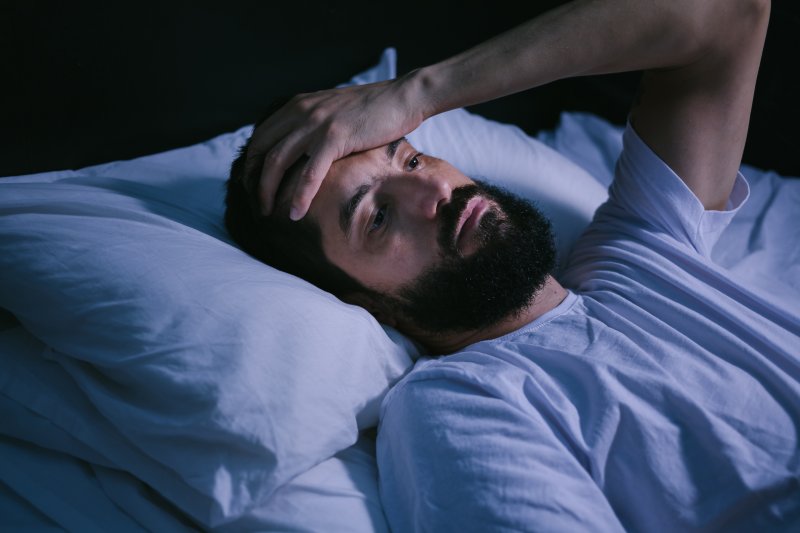Sleep apnea is a condition that causes pauses in breathing during sleep and can leave you feeling constantly fatigued. To get treatment, you need to be diagnosed by a professional. To get a diagnosis, you’ll need to perform a sleep study. Traditionally, these studies were conducted in sleep clinics, requiring an overnight stay. However, advancements in technology have made it possible to conduct sleep apnea testing in the comfort of your own home!
If you want to learn how these at-home sleep apnea tests are performed, continue reading.
How Do I Start My Sleep Apnea Home Testing?
The process begins with a consultation with your sleep dentist, who will assess your symptoms and determine if an at-home sleep apnea test is right for you. If so, they will provide you with the necessary equipment and instructions for the test.
What Equipment Will I Need?
At-home sleep apnea testing typically involves a portable device that monitors you while you sleep. It takes in data like breathing patterns, oxygen levels, heart rate, and other variables while you sleep. Luckily, the device is compact and easy to use, so there’s no bulky tubes or loud machines required. It consists of sensors attached to your body and a mask that slips over your mouth and nose.
How Do I Use the Equipment?
Your healthcare provider will provide detailed instructions on how to use the provided equipment. Usually, you’ll be placing sensors on specific areas of your body, like your chest, abdomen, and a finger before bed.
How Does Sleep Monitoring Work?
Once you’re ready for bed, you’ll start recording on the provided device and go to sleep as you normally would. The device will continuously monitor your sleep throughout the night, collecting data on your breathing patterns and other factors.
What Happens After the Test?
After you wake up in the morning, you’ll remove the sensors and return the device to your sleep dentist. The collected data will then be analyzed to determine if you have sleep apnea and assess its severity.
Based on the results of the test, your sleep dentist will diagnose the condition and recommend treatment options. Treatment may include lifestyle changes, like weight loss, the use of continuous positive airway pressure (CPAP) machine, or an oral appliance that helps keep your airway open during sleep.
Overall, at-home sleep apnea testing offers a convenient way to get a diagnosis without a stay in a sleep clinic. If you suspect you have sleep apnea it’s best to reach out to your sleep dentist sooner rather than later. This is especially true if you’ve been experiencing loud snoring, daytime fatigue, or morning headaches. An at-home sleep apnea test could make all the difference for you and your quality of life!
About the Practice
Sleep apnea can decrease your quality of life in many ways, but there is hope if you think you have it. The talented and friendly sleep experts at GoTo Sleep Center Glendale will guide you through your treatment every step of the way. They use the latest sleep science and technology to treat your sleep apnea and help you regain your energy for the things that matter. Call (623) 600-4215 to schedule a sleep apnea consultation or visit the website to explore other services they provide.

